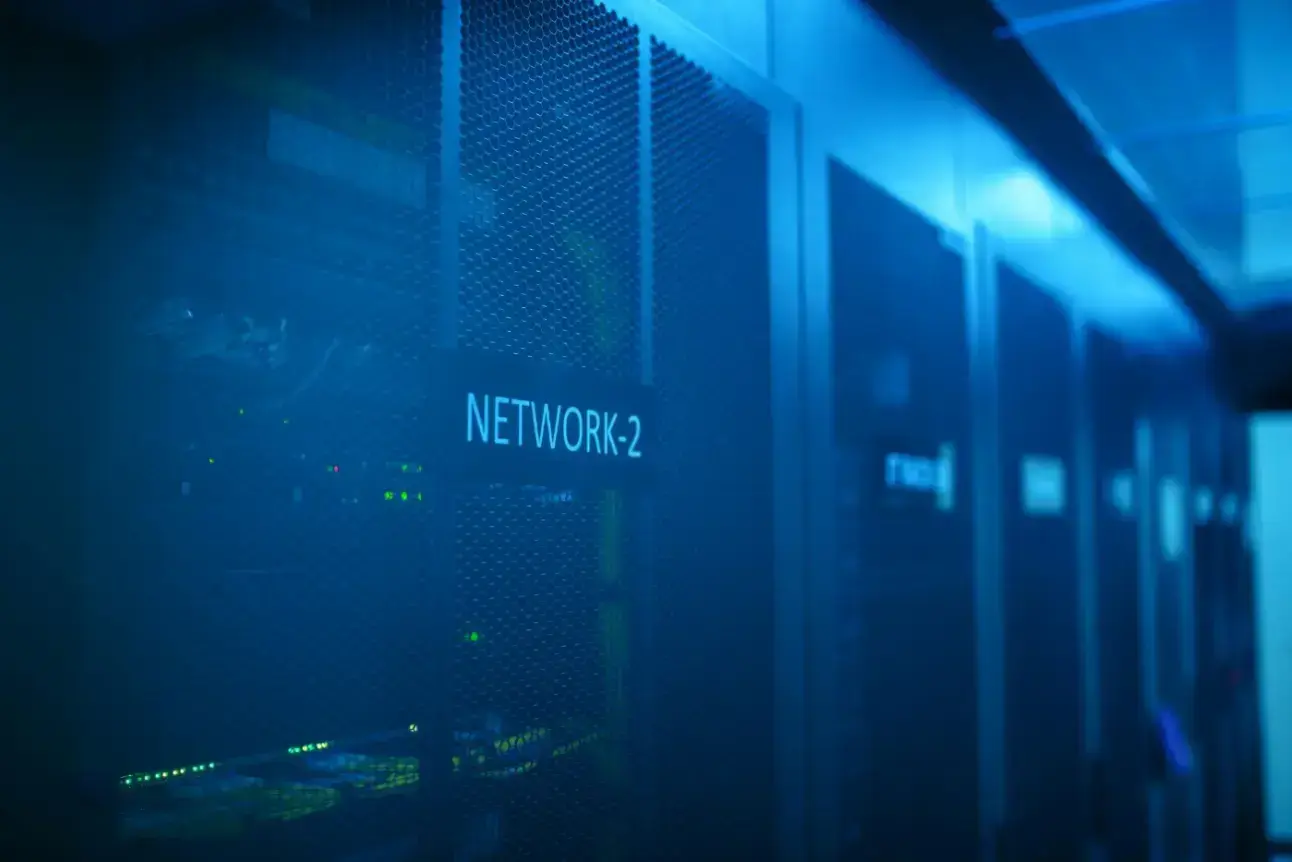When selling products or services online, your website is the foundation of your operation.
It’s the interface through which you attract potential customers and clients, keep them engaged, and compel them to take steps toward reaching out, making a purchase, or signing up for future emails.
Is your web hosting and maintenance plan keeping you from reaching these goals? If so, consider upgrading.
Your web hosting and maintenance service should provide reliability, security, and scalability, growing with you and your business as it expands.
In this article, we share clear signs that it’s time to upgrade your hosting plan and give your site the resources it needs, now and in the future.

Source: Pexels
Key Signs It’s Time to Upgrade Your Website Hosting Plan

Source: Pexels
Your bounce rates are increasing
Your website performance is essential for maintaining high conversion rates and minimizing bounce rates.
According to Google Consumer Insights, 53% of mobile visitors leave a page if it takes more than 3 seconds to load.
Additionally, 70% of users report that site speed affects their willingness to buy. Conversion rates drop by an average of 4.42% for every additional second of load time.
Slow loading times frustrate visitors, who may abandon your site before they can view your content or browse your offerings.
When your visitors bounce like this, you lose traffic — and more importantly, potential leads and sales.
Search engines like Google also consider loading speeds when ranking your site. Poor performance can harm your search visibility.
If your site is slow, your hosting provider may be the cause. Outdated technologies, overcrowded servers, and shared hosting environments can all slow down your site.
If your loading speed is sluggish, consider upgrading to a website hosting plan that prioritizes speed and performance optimization.
You’re experiencing regular periods of downtime
Website downtime can limit sales, drive away leads, and damage your reputation.
If your site experiences repeated downtime or resource limitations, consider upgrading your web hosting plan.
Shared hosting often provides limited resources, which may explain regular downtime or warnings about exceeding memory or CPU usage.

Source: Pexels
You’re dealing with maintenance challenges
As your business grows, your website may become more complex to manage and maintain.
Many hosts offer maintenance plans that include support from experienced IT professionals who can handle daily management tasks, giving you more time to focus on your business.
You need a scalable website
Every eCommerce site aims to grow. When your traffic rates begin to rise, the potential for more leads and sales also rises.
But your website must be able to support increased traffic.
If your web traffic is increasing, consider upgrading to a plan that offers flexibility and scalability.
Options like dedicated server and VPS hosting allow you to scale your site’s resources as needed. The VPS market is expected to grow to $8.3 billion by 2026.
These hosting options prepare your site for future growth without risking downtime or performance issues.

Source: Freepik
You need a more secure hosting solution
Data breaches have increased by over 200% in the past decade and now cost an average of $4.88 million. Cybercrime and data loss threats are growing yearly, making enhanced security essential for eCommerce businesses.
Basic shared hosting often lacks advanced security features.
These plans typically include vulnerability scans, malware detection, firewalls, and regular backups — all crucial for protecting your site and your customers.
FAQs
1. What are the signs that I should upgrade my website hosting plan?
If your website is slow, you don’t have the technical skills or time to maintain it, or you need enhanced security, these are clear signs you should upgrade. You may also need a plan that can scale as your business grows.
2. Which hosting plans help save me the most time?
Managed hosting plans are ideal for saving time. They include full website management services so you can focus on other priorities.
3. Which hosting factors can impact my loading speeds?
Poor server optimization, overcrowded servers, outdated systems, and shared hosting environments can all slow your site down.
In Summary
Upgrading your hosting plan can improve your business and user experience. The right plan simplifies maintenance, boosts conversion rates, optimizes your website’s security, and allows your site to scale smoothly.
It also ensures faster, more reliable, and more secure customer experiences.
If your bounce rates are high, downtime is frequent, or your site needs better scalability or security, it’s time to upgrade.

Author Bio
A freelance editor, gamer, cat mommy, and self-care advocate, Ida Ohlsson enjoys life’s simple pleasures like an afternoon stroll or sipping tea while reading her favorite book. She loves reading and writing content that promotes wellness and a healthy lifestyle.

